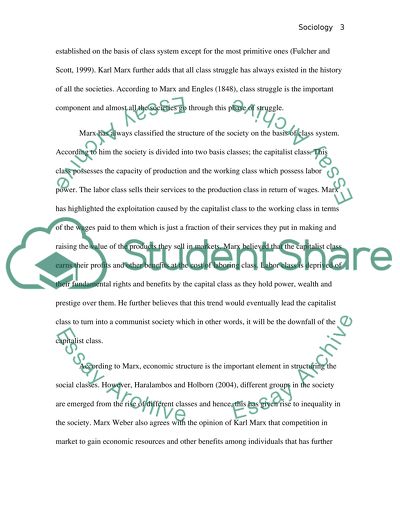Cite this document
(“Is social class still a useful concept for understanding the divisions Essay”, n.d.)
Retrieved from https://studentshare.org/sociology/1395643-is-social-class-still-a-useful-concept-for
Retrieved from https://studentshare.org/sociology/1395643-is-social-class-still-a-useful-concept-for
(Is Social Class Still a Useful Concept for Understanding the Divisions Essay)
https://studentshare.org/sociology/1395643-is-social-class-still-a-useful-concept-for.
https://studentshare.org/sociology/1395643-is-social-class-still-a-useful-concept-for.
“Is Social Class Still a Useful Concept for Understanding the Divisions Essay”, n.d. https://studentshare.org/sociology/1395643-is-social-class-still-a-useful-concept-for.


